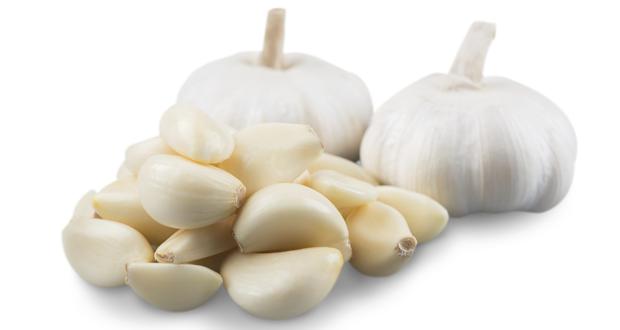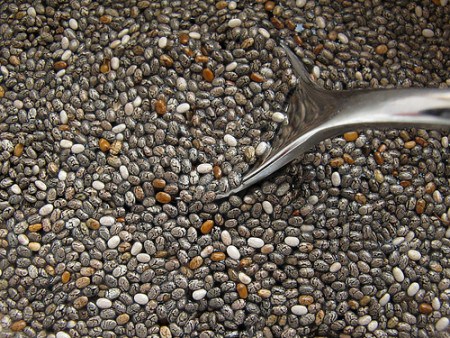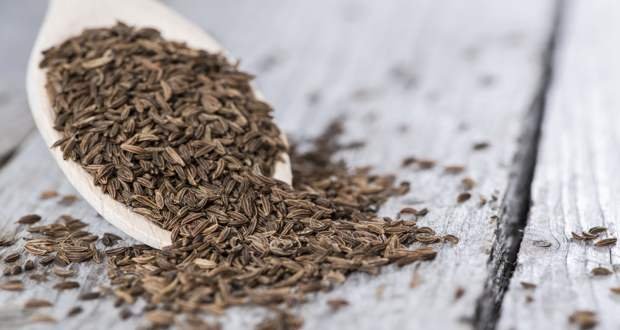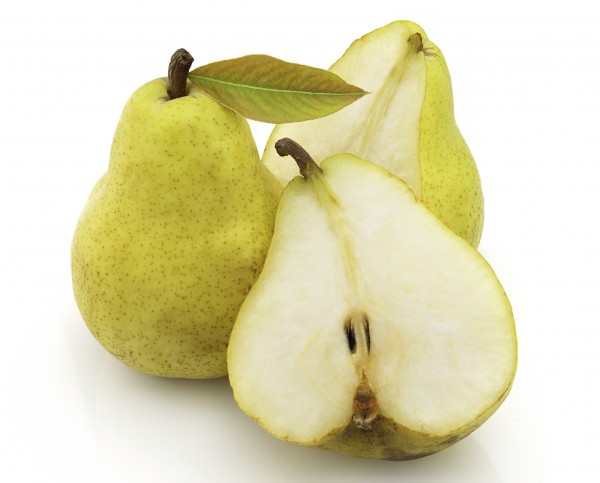
Pear – juicy and sweet fruit
There are thousands of species of this fruit, and each is distinguished by color, shape, flavor and size.You can eat it fresh , or cook it and juice from pear is especially tasty. Pear is a rich source of vitamins C and K , copper and fiber .
Vitamin C is well known fighter against free radicals and copper eliminates superoxide radicals, while the fibers acts preventive against colorectal Cancer. Most fiber is in the bark of the Pear and its best not to peal it.
pear
- 170 grams of pear contains:
- -3,98 grams of fiber ,
- -6.64 mg of vitamin C ,
- -0.19 mg of copper,
- -7.47 mg vitamin K ,
- -and it has only 97.94 calories .
Pear is an ideal choice for persons that adopted modern lifestyle, and they has been exposed to stress, dynamic and fast life , exhaustion and loss of the reserves of energy .
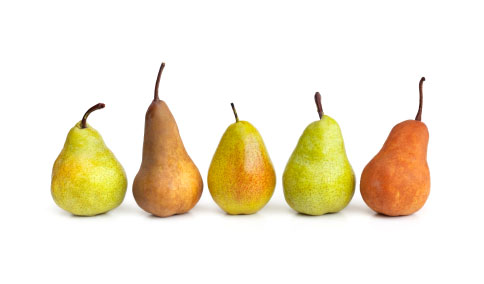 Why pears ?
Why pears ?
Pear is natural and quick source of energy .
They contain substantial quantities of monosaccharides : fructose and glucose , as well as levulose – the sweetest natural sugar .
Pear contains vitamins of group B , who assist the body easier to deal with Stress .
They feed the nervous system and participate in the process of getting energy from carbohydrates
- 100 g of pear contain:
- -0.3 g protein ,
- -0.4 g fat ,
- -9.5 g carbohydrates ,
- -2.8 g of vegetable fibers
- -and 5 mg of vitamin C.
Contains large amounts of calcium and iron , and they are recommended as compulsory fruit, for women over 40 years, as prevention of osteoporosis .Pears are also a good source of vitamin C , copper , potassium and fibers.
Vitamin C and Copper.
Pear is a good source of vitamin C and copper, nutrients which have strong antioxidant effect and destroys harmful free radicals in the body.
Therefore, pears are natural protectors against many ailments, including malignant diseases.Vitamin C, by itself its an antioxidant, and copper is a necessary component of the superoxide dismutase (SOD), one of the strongest organic antioxidant enzymes.
Fibers.
Fresh Pear is an extraordinary source of fiber , especially pectin. Pear with a mass of 166 g insures 6g of fiber , of which about 40 % is pectin .
Fibers are necessary element in healthy diet and helps regulate of the level of sugar and cholesterol in the blood and they allow normal function of the intestines and their regular discharge .
The food rich in fiber helps in the prevention of colorectal cancer, and in seducing the serum cholesterol level. Precisely due to the high content of fiber , pear is an important part of the everyday diet.
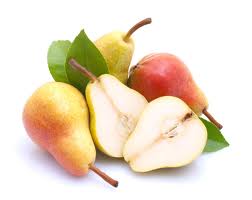
Potassium.
Pears are an extraordinary source of potassium . A pear with medium size contains 210 mg of potassium .
Potassium participates in the regulation of the heart rhythm in muscle contraction in the transfer of nerve impulses and in the metabolism of proteins and carbohydrates .
Regulates the work in blood system and participates in the construction of the bone and teeth.
Hypoallergenic fruit.
Although this was not accompanied by scientific evidence, however pear is considered hypoallergenic fruit, which causes much less allegries compared to other types of fruit.
It is actually because of that reason, pears among the other fruits,are included in baby food.
Source: secretly healthy


